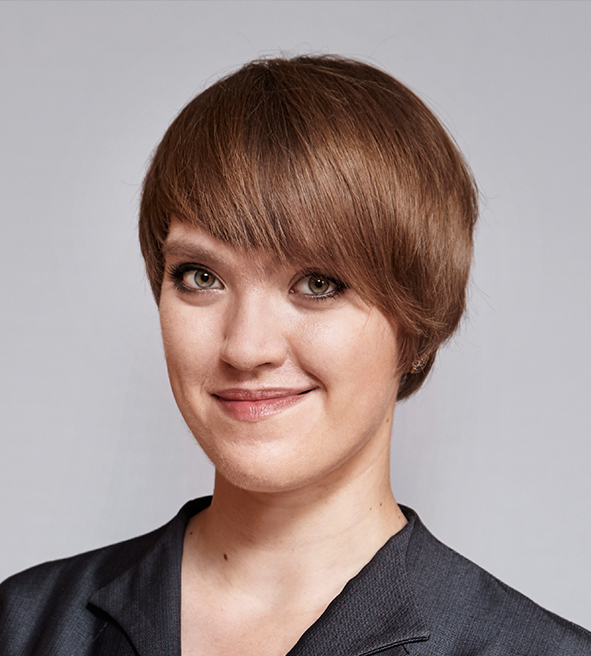
Nataliya Kos’myna is a Post-Doctoral Fellow in the MIT Media Lab, helping MITili evaluate the real-time biofeedback of learners to monitor and improve their ability to sustain attention. Nataliya is passionate about an idea of creating a partnership between AI and human intelligence, fusion of a machine and the human brain. Most of her projects are focused around EEG-based BCIs in the context of consumer grade applications.
Since 2016 Nataliya is also interested in closed-loop systems using real-time biofeedback to enhance and augment human performance, particularly attention and focus. In 2016 Nataliya also created her first start-up called Braini, for consulting in the domains of Artificial Intelligence for Cognitive Enhancement as well as Neuroscience. She has also participated in two TEDx talks.
When did you first become interested in AI and its interface with learning and education?
When I understood that everything I ever learnt at school or university will or is already obsolete. In my opinion, the ultimate goal of any educational institution or program – to teach you the learning process as a skill, how you can learn a skill you do not have, map an information about something you have never seen, train yourself into something you have never done before. As well as that you have limits, your bio-entity, your brain. That’s why I work on the intersection of AI and neuroscience. To see where our brain’s limits are and to find ways to overcome them. There are two directions for this: one - by training our brain do better job, push the limits. An equally important direction - is to extend one’s own bio-entity to AI in order to go beyond our bio-shell: to create, learn, train and educate something else. Someone else. Another intelligence. The AI develops today rapidly. Humans – do not. But we are still really good in one skill: learning a new pattern or skill and then applying it to multiple situations. We are also good in educating others to do so. AI - not yet. That’s the core of my work and interest - to bridge this gap.
From one side I experiment with the brain, perception, learning new skills, teaching it to recognize new patterns. From the other side I create and train different AI systems. Ultimately, to find a way to push our intelligence on a new level of evolution.
What impact do you hope your research will have on better educational outcomes?
I hope to be able to redefine the way we think in order to extend our natural abilities and performances. Even though formal education stops at some point in each one’s life; the learning never stops. It should never stop. Acquiring new skills, being efficient, but also happy about what and who you are.
How can we ensure that research is being applied to real-world practice?
It is easier to say than to do, but we should all understand one thing about the real world: the environment around us is changing all the time, but not us. We are extremely limited creatures, our brains are not evolving, especially by themselves. It requires a lot of work. We are also “limited by the technology of our time”. But we are really great at one thing: learning new things, creating new tech, creating new intelligence which can ultimately help us as well as the next generations to survive and to thrive. We now have a great opportunity to test limitless number of outcomes, solutions in all combinations and environments possible, to select the ones that would match each person the best. It is about ultimate personalization.
Who has had the biggest impact on your work as a research scientist?
This is actually a non-scientist. Jony Ive. The designs he created with his great team throughout his career reshaped the whole generation of different tools we use in our everyday lives, and as he continues to push further is an ultimate inspiration for me to follow in my own work. I try to achieve the same level of perfection in the work I do. To push the limits further.
What is your favorite thing about working at MIT?
My favorite thing about MIT is my team at Media Lab (Fluid Interfaces), my friends for life, my colleagues. It is THE MIT for me. It motivates and challenges me to do a better job every day. It is this absolutely amazing group of people who do AI, arts, explore our dreams, space or online biases. We try to leverage the best that technology has to offer, without forgetting about the worst things it is bringing along the way. We try to fix those and to connect technology with the humans. And ultimately, to understand where we want to go next.